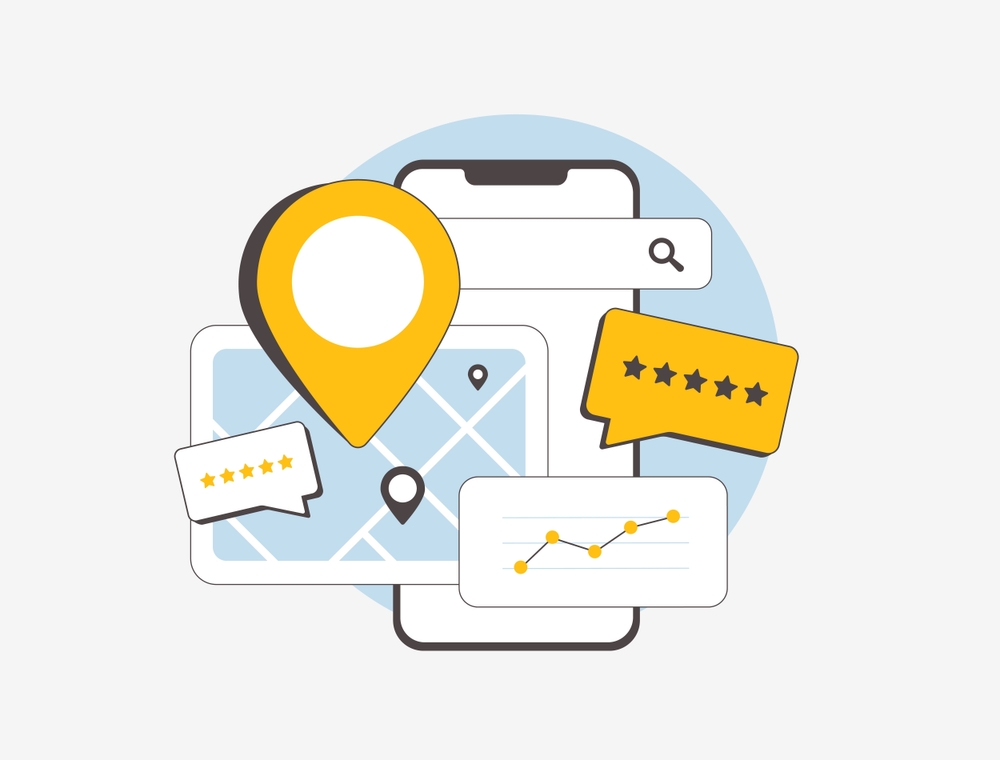In today’s hyper-connected world, navigating the digital landscape is both a challenge and an opportunity for small businesses. Whether you’re a local shop owner or a startup founder, mastering the art of digital marketing can be the difference between stagnation and sustained digital growth.
The good news? You don’t need a massive budget or a full-blown team to compete online. With the right strategies and tools, even the smallest business can thrive in the digital space.
In this blog, we’ll break down practical tips for small businesses to help you stand out, reach your audience, and grow your brand online.
Why Digital Marketing Matters for Small Businesses
For small businesses, every marketing dollar counts. Traditional advertising is often expensive and hard to measure. In contrast, digital advertising offers precision targeting, real-time analytics, and measurable ROI.
- A well-planned digital strategy allows small businesses to:
- Compete with larger companies on a leveled playing field
- Reach a wider yet more targeted audience
- Build lasting customer relationships
- Drive conversions with measurable results
1. Build a Strong Online Presence
Before anything else, your business needs a digital home: a website. It should be:
- Mobile-friendly
- Fast-loading
- Secure (HTTPS)
- Optimized with basic SEO marketing practices
Make sure your contact info is easily accessible, and consider starting a blog to publish valuable content — a foundation for effective content marketing.
Bonus Tip: Use tools like Google My Business to boost visibility in local searches.
2. Understand Your Audience
One of the biggest mistakes small businesses make is trying to appeal to everyone. To grow, you need to define your ideal customer.
Ask yourself:
- What are their pain points?
- What social media platforms do they use?
- How do they search for businesses like yours?
Once you understand your audience, you can tailor your digital marketing strategy — from blog content to ad targeting — for better results.
3. Leverage SEO to Increase Visibility
Search Engine Optimization (SEO marketing) is the cornerstone of organic growth. It’s not just about ranking for keywords, but making your site useful and discoverable.
Key SEO tips for small businesses:
- Use relevant keywords naturally in titles and headings
- Optimize images with alt text
- Build backlinks through guest blogging or partnerships
- Create quality content regularly
Remember: SEO is a long game. It takes time but pays off in consistent traffic and higher trust.
4. Invest in Paid Digital Advertising
While organic reach is essential, digital advertising provides a faster route to visibility. With even a small budget, you can target audiences based on location, interests, behavior, and more.
Popular ad platforms for small businesses:
- Google Ads (search & display)
- Facebook and Instagram Ads
- LinkedIn Ads (for B2B companies)
- YouTube Ads (video-based promotion)
You don’t have to be a pro — many small businesses work with a digital marketing agency to run cost-effective ad campaigns.
5. Embrace Content Marketing
Content marketing is all about providing value to your audience before asking for anything in return. Done right, it can:
- Establish your expertise
- Build trust
- Improve SEO
- Nurture leads through the buyer journey
Types of content to consider:
- Blog posts (like this one!)
- How-to guides
- Social media posts
- Infographics
- Email newsletters
- Customer case studies
The goal is to educate and solve problems for your target audience.
6. Be Active on the Right Social Media Channels
You don’t need to be on every platform — just the ones your audience uses most. Whether you’re posting on Instagram, networking on LinkedIn, or storytelling on Facebook, consistency is key.
Tips for social media success:
- Post consistently and use a content calendar
- Use stories and video for higher engagement
- Respond to comments and messages promptly
- Run occasional giveaways or contests
Social media is not just a marketing tool — it’s a customer service channel, community builder, and trust accelerator.
7. Track Everything and Adjust Your Strategy
Digital tools make it easy to monitor your efforts. Use analytics platforms like:
- Google Analytics (website performance)
- Meta Ads Manager (Facebook & Instagram ad performance)
- SEMrush or Ahrefs (SEO and content insights)
Tracking allows you to:
- See what’s working (and what’s not)
- Understand customer behavior
- Improve your return on investment
- Make data-driven decisions
Even if you work with a digital marketing agency, always stay informed about what metrics matter to your business goals.
8. Consider Partnering With a Digital Marketing Agency
If time or expertise is holding you back, consider hiring a digital marketing agency. They can:
- Handle your SEO and content strategy
- Manage and optimize ad campaigns
- Design email marketing flows
- Build a comprehensive growth strategy
Working with professionals can fast-track your success and free up your time to focus on running your business.
Final Thoughts: How to Grow as a Small Business?
How to grow as a small business? It starts with clarity. Know who you’re targeting, create value-driven content, and market consistently using the right digital channels.
With the right mix of small business marketing, content marketing, and SEO marketing, your brand can not only survive — but thrive — in a competitive digital world.
Take one step at a time. Build momentum. And don’t be afraid to test, fail, and optimize along the way.


